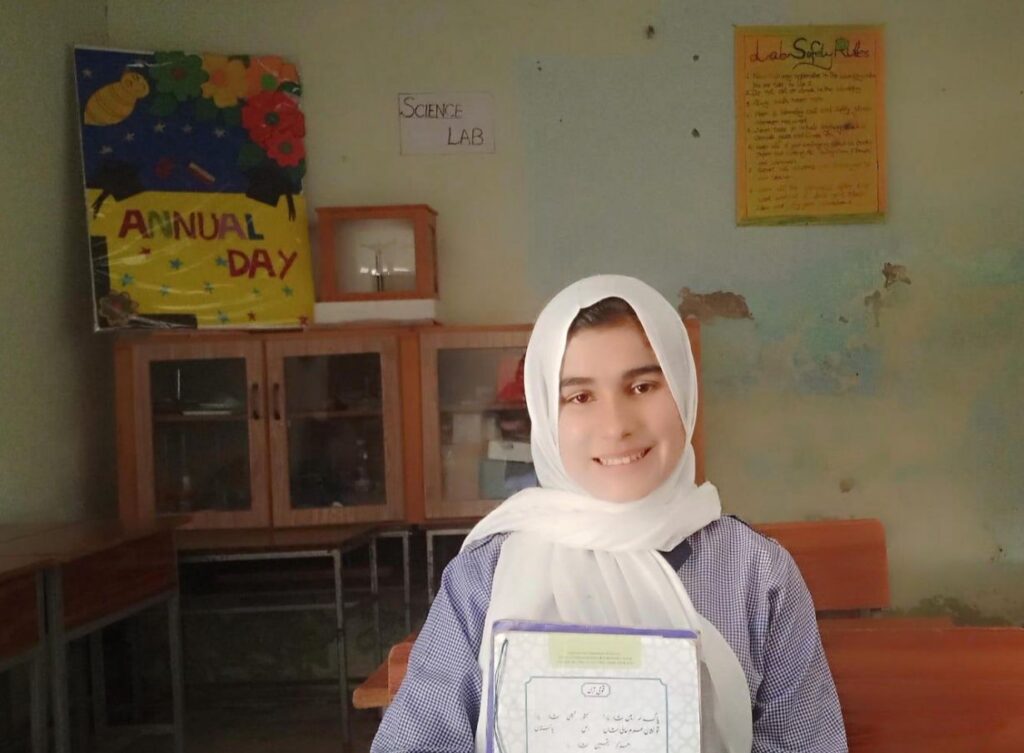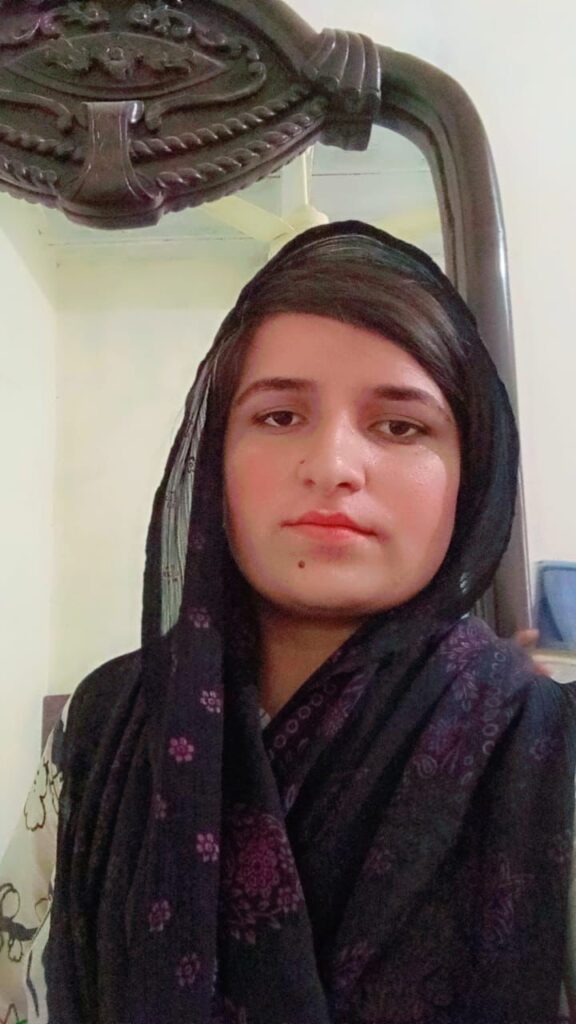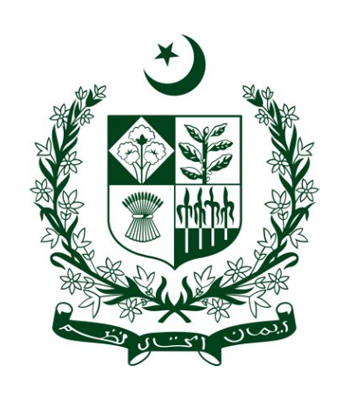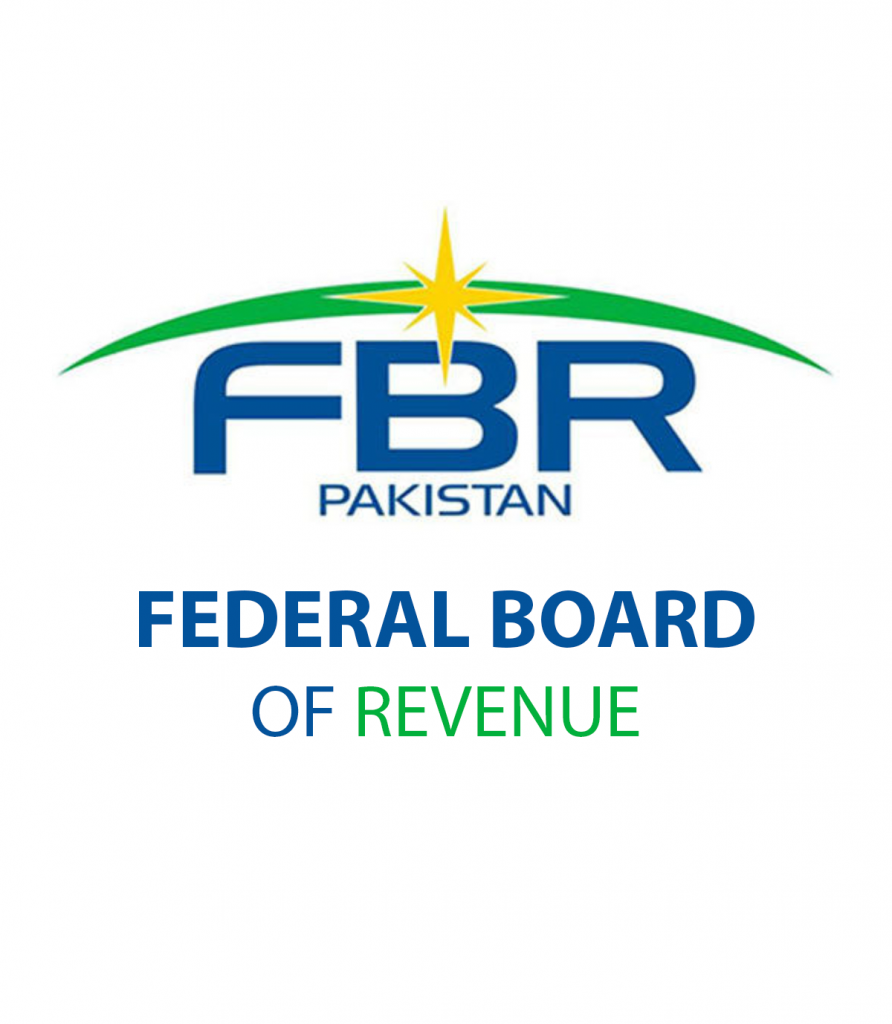A Pakistan where daughters are celebrated for their ambitions, where classrooms are filled with eager young girls, and where women play equal roles in shaping the nation’s future. This vision is not just a dream it is the essence of women empowerment, and it is exactly what schools like Sunbeams are working hard to achieve.
Women Empowerment
Women empowerment means giving women the freedom, confidence, and opportunities to live their lives with dignity and equality. Its goal is to guarantee women the same access to healthcare, employment, education and decision-making opportunities as males. An empowered woman is not just strong for herself, she uplifts her family, her community, and her country. In a society like Pakistan, where many women still face barriers, empowerment becomes the key to progress and change.
In Pakistan, almost half of the population is female, yet many women are still denied equal opportunities in education, jobs, and decision-making. Women’s labor force participation is notably low, with figures around 23-25%, compared to the global average of around 52.6% and South Asia’s average of 25.2%. No country can progress by leaving half its people behind. Empowering women is not just about fairness it is about unlocking the full potential of our society.
When women are educated and empowered, they strengthen families, support communities, and contribute to the economy. On the other hand, when opportunities are denied, poverty and inequality only grow deeper. This is why women empowerment is not optional for Pakistan it is a necessity for building a stronger and brighter future.
One of the most effective means of empowering women is education. It provides women with the opportunity to improve their own and their family’s life by opening doors to knowledge, self-assurance, and independence. However, not everyone in Pakistan has equal access to education. While many girls in cities manage to complete school, thousands in rural areas are forced to drop out due to poverty, cultural barriers, or lack of access to schools.
Currently, Pakistan has one of the lowest female literacy rates among all Asian states (25%), and it is only slightly higher than the global average (24%). Lack of access to education leads to low utilization of the labor force, unequal distribution of household tasks, limited social mobility, and unequal distribution of wealth. Women’s access to education, at all levels, is limited.
Pakistan’s cultural fabric is deeply ingrained with patriarchal norms, where women have traditionally been relegated to the domestic sphere. Cultural practices like early marriage, honor killings, and restrictions on mobility continue to impede women’s empowerment efforts, despite growing awareness and advocacy.
Women are more likely than men to live in poverty worldwide. Even when they are employed, many women are either unpaid, underpaid, or confined to part-time and low-status jobs. In politics, the situation is similar women rarely get the chance to participate fully, and when they do, their presence is often treated as symbolic rather than a step toward real equality. Despite making up 49% of the population, women in Pakistan remain underrepresented in the workforce.
Additionally, women are less likely to own land, have limited legal support, and are often restricted to clerical or low-level positions because of deep-rooted gender biases. Cultural traditions and unfair systems continue to make it harder for women to achieve equal status in society, whether in the economy, politics, or the workplace.
Why Education Matters
Access to education is crucial for women’s empowerment, yet disparities persist, particularly in rural areas. Efforts to promote girls’ education include building schools, providing scholarships, and raising awareness about its importance.
- According to UNESCO, the literacy rate for females aged 15 and above in Pakistan was around 45.8% in 2019, compared to 71.6% for males.
- UNICEF reported that approximately 22% of primary school-age girls were out of school in Pakistan in 2019, compared to 20% of boys.
The Role of Sunbeams School
Sunbeams have taken this mission to heart by providing education in areas where opportunities are limited. For many young girls, it is not just a school, it is a place of hope. In 2025 alone, Sunbeams further expanded its reach by opening new schools, and strengthening its Madrassah programs and vocational centers, ensuring that education and skill development go hand in hand.
But Sunbeams doesn’t wait for children to come on their own. Teams actively go door-to-door,convincing parents of the importance of education and enrolling children for a better future. This direct effort has helped change mindsets in communities where poverty or traditional barriers once kept girls at home.
One beautiful example comes from UC-49 Shah Allah Ditta, where the Sunbeams team along with the education minister visited the home of a 12-year-old girl, the last out-of-school child in that union council. With patience and encouragement, they convinced her family to send her to school. That very day, she walked with the team to her new classroom, filled with excitement and joy. Today, she proudly calls herself a Sunbeams student, her smile a living reminder of why this mission matters.
Education at Sunbeams is a path of empowerment rather than only classroom instruction. For a lot of girls, entering Sunbeams is their first educational opportunity. Once inside they are encouraged to grow in confidence through debates, group activities, and creative expression. Slowly, the shy students who once hesitated to raise their hands begin to find their voices. They learn that their opinions matter, that they can speak up, and that their words can inspire others.
Take the story of Parveen, who joined Sunbeams in prep class and is now in class 7. She says,
“I want to become a professor one day. I want to go into teaching because I want to guide students the same way my teachers at Sunbeams have guided me. The best thing about Sunbeams is that our teachers teach us through activities, which makes learning fun and easy for us.”

Her words show how Sunbeams is not just about books it is about shaping dreams and inspiring futures.
Access is just the beginning of the adventure. Sunbeams ensures that students have a solid educational foundation by offering matriculation. In addition, the institution keeps in touch with its alumni, helps them make career decisions, and offers resources to support their pursuit of further education or professional paths. This long-term support becomes a stepping stone for independence and resilience in a world where women often face extra challenges.
Take the story of Zainab Bibi, a proud Sunbeams graduate. She says,
“I completed my matriculation from Sunbeams School, fulfilling my late father’s dream. He always wanted me to get an education and build a brighter future for myself. After his passing, things became incredibly difficult. My family was against me continuing my studies, but Sunbeams became my support system. The teachers didn’t just teach me; they encouraged me and gave me the strength to keep going when no one else did.”

Another beautiful example is that of Sahiba,whose father works as a driver. She shares, “I completed my matriculation from Sunbeams School along with my sister. She also did her matric from Sunbeams. Now we both study in college. We’ve received a lot of support from the school and we got really good marks. We want to continue our studies. I want to become a teacher and my sister wants to become a doctor. We both want to make our family and our country proud.”

Stories like those of Zainab and Sahiba show how Sunbeams’ support extends beyond the classroom helping girls not only gain an education but also the confidence and courage to dream bigger.
The school gives women the chance to become role models in their communities by hiring female teachers and giving them professional training. Alongside, its vocational centers train women in skills like stitching, enabling them to earn an income and support their families with dignity.
Take the story of Maryam, a young girl, she says, “I am Maryam, an ordinary student who always loved sewing and embroidery. But with no proper skills or confidence, I could only manage small repairs. Financial struggles also made it hard for me to pursue my passion. Everything changed when I joined Sunbeams’ sewing course. At first, cutting and measuring felt tough, but the teachers guided me step by step. I not only learned stitching but also modern designing, fashion trends, and how to work with customers. After completing the course, I started a small sewing unit at home. What began with a few neighborhood orders soon turned into a growing business. Today, I design beautiful outfits, earn a steady income, and support my family.
Perhaps the most powerful outcome of this effort is the creation of role models. Many Sunbeams graduates go on to pursue higher education, secure jobs, and become leaders in their communities. Their achievements inspire younger girls to believe that they too can dream big. Every educated girl from Sunbeams becomes a source of change and a symbol of hope for others in this way.
True empowerment doesn’t stop at the classroom door. Sunbeams also works with families to raise awareness about the importance of girls’ education. By engaging communities, changing mindsets, and creating opportunities, they are not only educating children they are building a future where both boys and girls can stand tall with equal chances to succeed.
Conclusion
In the end, women empowerment is not just about giving women equal rights it is about building a stronger, fairer, and more progressive Pakistan. When women are educated and empowered, they lift entire families out of poverty, contribute to the economy, and create healthier, more balanced societies.
“There is no tool for development more effective than the education of women.” Kofi Annan
This is why the role of institutions like Sunbeams School is so important. By providing access to education, building confidence, and nurturing skills, Sunbeams is shaping young girls into leaders and role models of tomorrow. Every girl who steps out of Sunbeams carries with her the power to transform not only her own life but also the lives of those around her. If we want to see a brighter future for Pakistan, the path begins with empowering our women and education is the key to unlocking that future.
Abeeha Asif is pursuing a BS in psychology from NUML. She is currently an intern at Sunbeams School System. She loves writing, volunteering, and helping others, with a passion for making a positive impact in her community.





